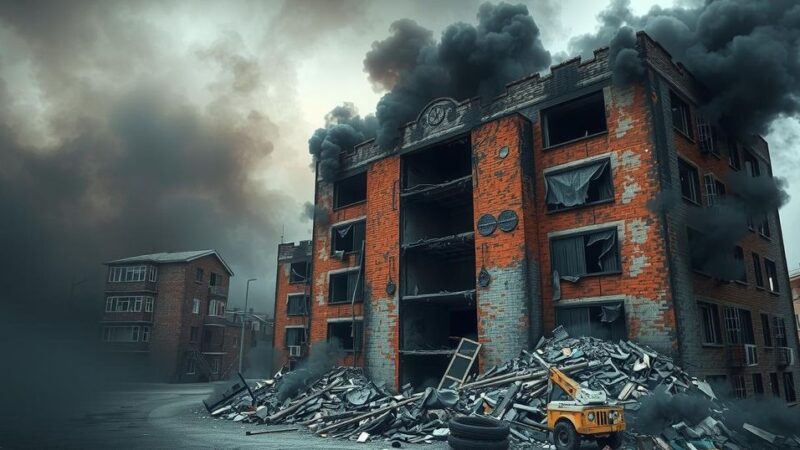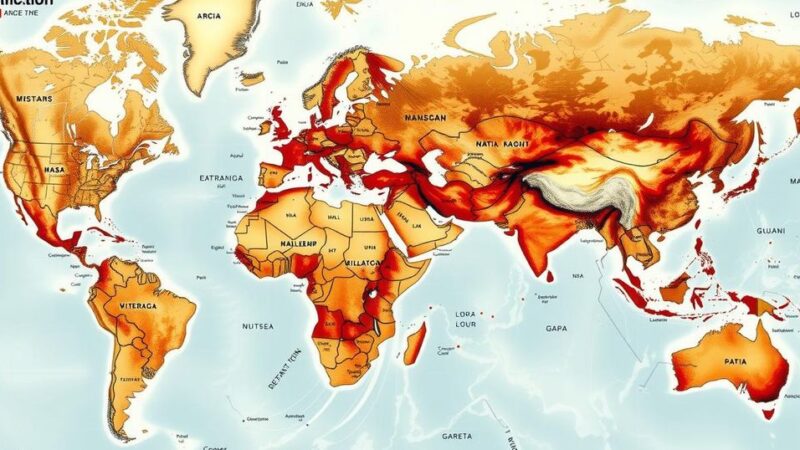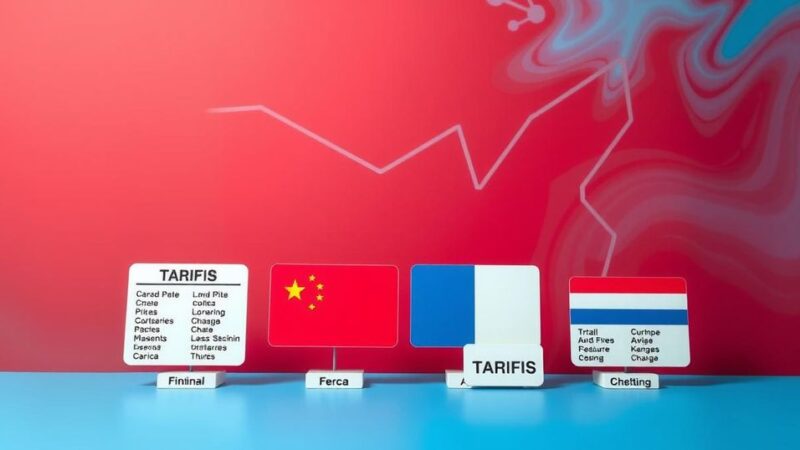The peace talks between the DRC and M23 rebels have collapsed after M23 withdrew due to EU sanctions. President Tshisekedi initially resisted negotiations but changed his stance after discussions with Angola’s president. The DRC delegation will still attend the talks despite M23’s pullout, amid escalating violence and humanitarian issues.
The peace talks between the Democratic Republic of Congo (DRC) and the M23 rebels, supported by Rwanda, which were scheduled for March 18, 2025, have collapsed abruptly. The M23 group attributed its last-minute withdrawal to recent European Union sanctions imposed on its leaders and certain Rwandan officials, claiming that the EU’s actions were intended to obstruct the peace process. Initially, DRC President Félix Tshisekedi was hesitant to engage in direct negotiations with the M23; however, following a meeting with Angola’s President João Lourenço last week, he agreed to participate in discussions.
Despite the M23’s decision to withdraw from the negotiations, the delegation from the Democratic Republic of Congo will still be heading to Luanda for the talks as originally intended. The ongoing conflict, which has escalated significantly this year, has seen M23 capture important cities in eastern DRC, resulting in thousands of fatalities and forcing hundreds of thousands of individuals to flee their homes.
In summary, the anticipated peace talks between the DRC and M23 rebels have been thwarted by M23’s withdrawal in response to new EU sanctions. Although President Tshisekedi was initially resistant to negotiations, external diplomatic discussions influenced his decision to engage. The conflict’s intensity continues to pose significant humanitarian challenges, as the M23 has made considerable territorial gains, leading to severe casualties and displacements.
Original Source: www.africa.com






